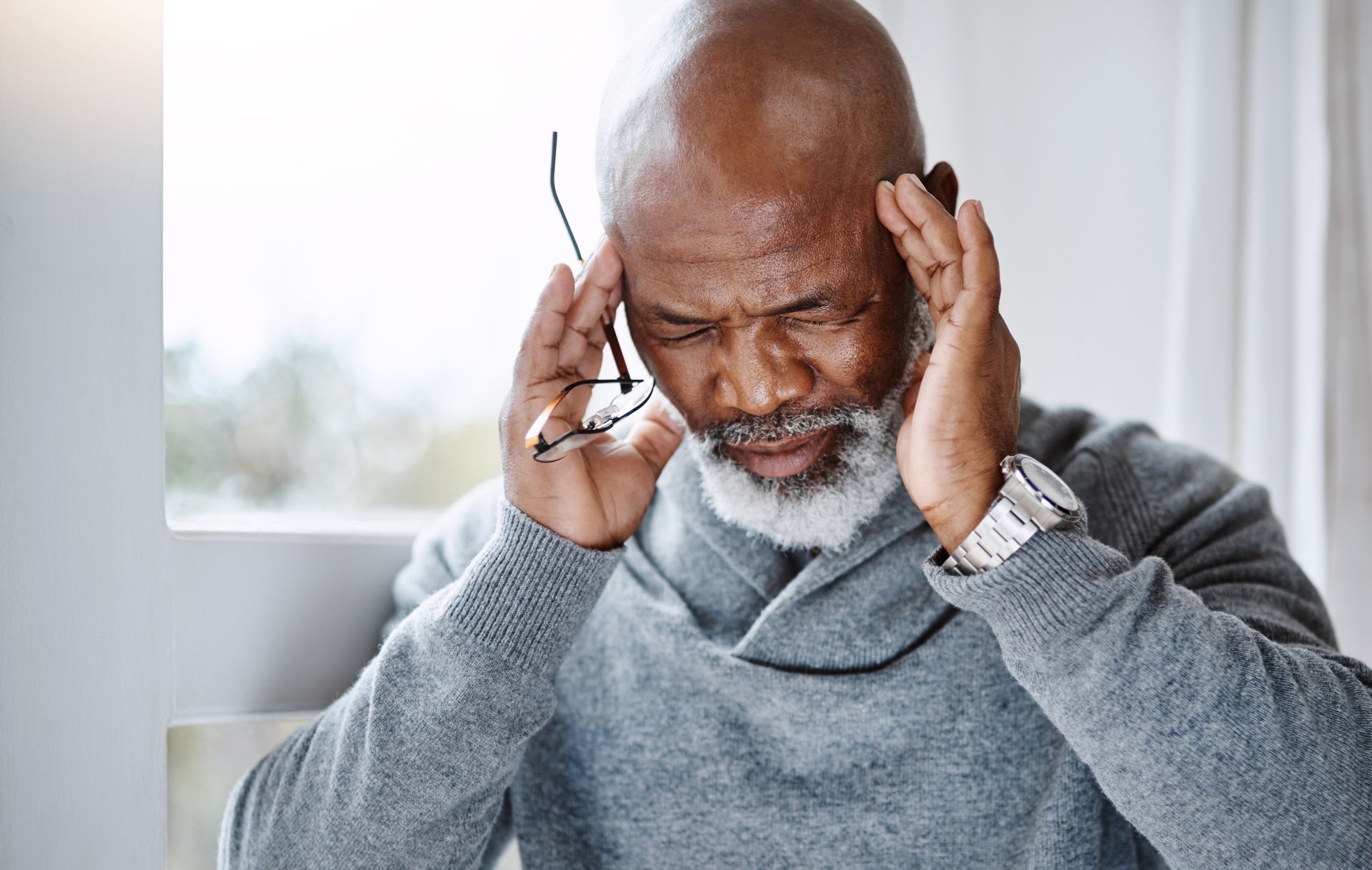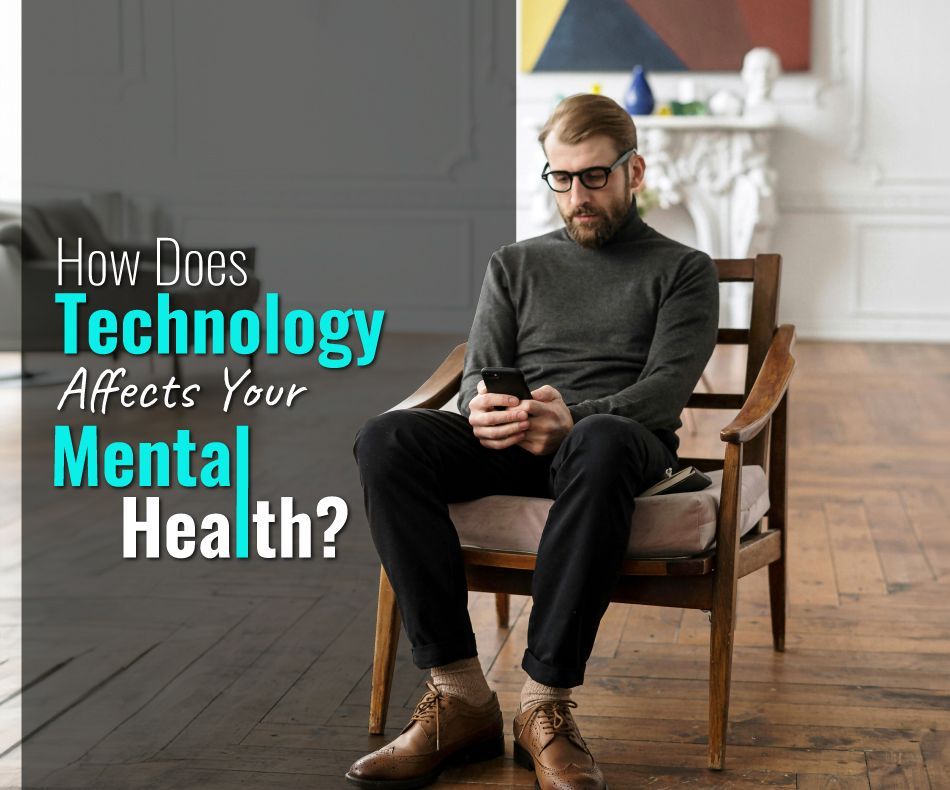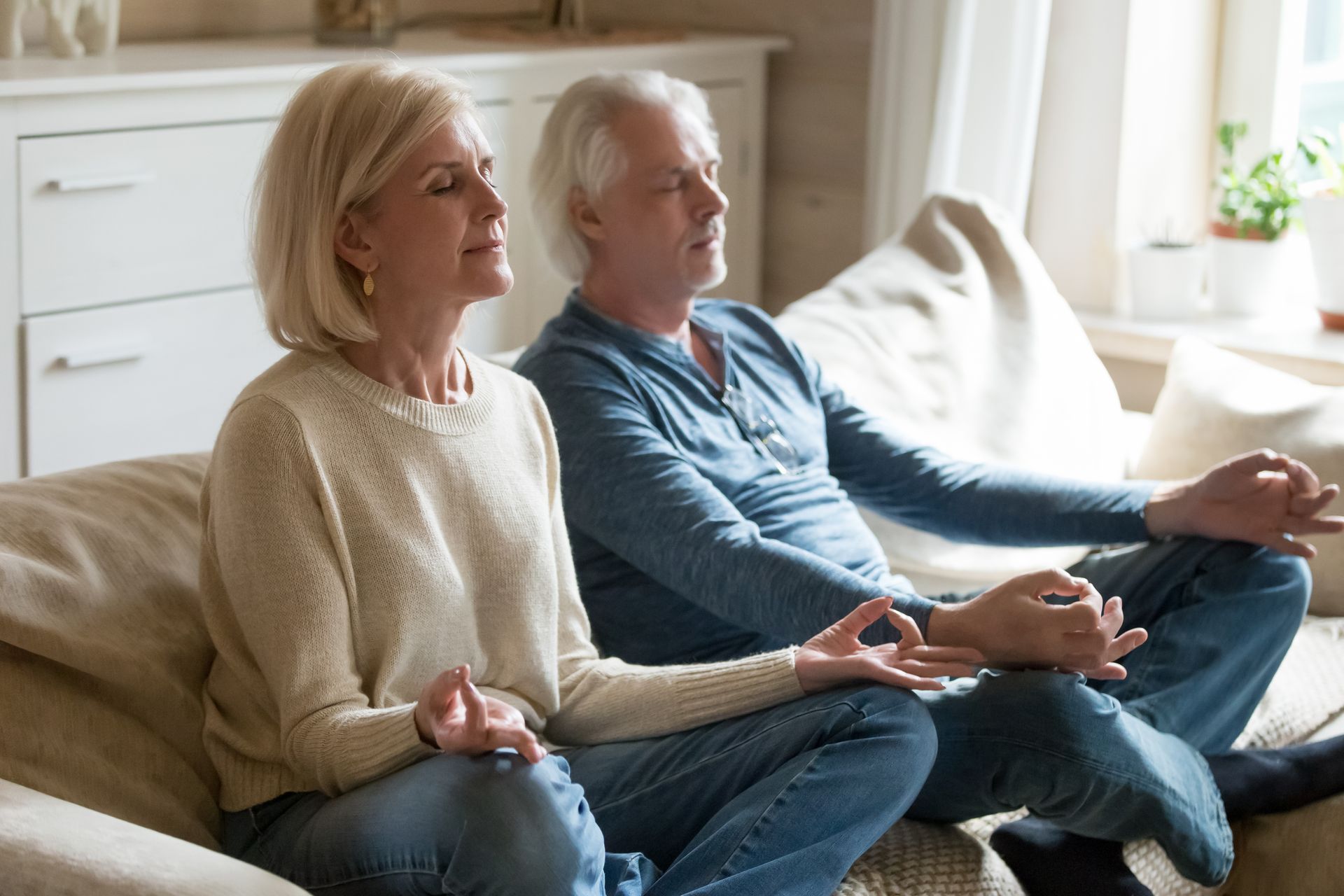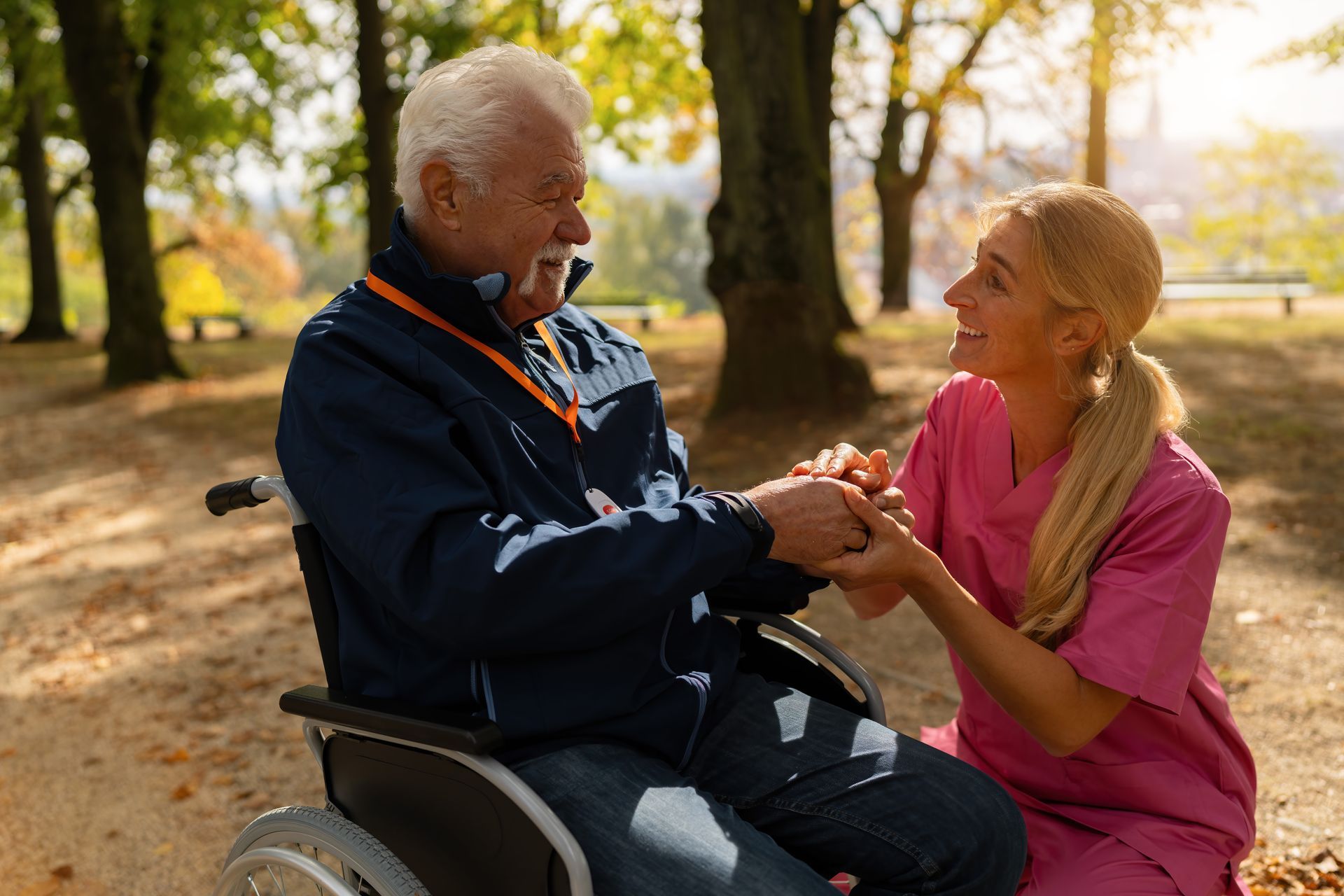Give us a call: (303) 814-2688
Email us on: francis@assuredal.com
BLOG
The Comprehensive Guide to Acquired Brain Injury: Strategies and Support
Understanding the complexities of acquired brain injury is vital in the context of memory care and assisted living. This comprehensive guide covers the causes, types, and prevalence, shedding light on its impact on individuals and families. Moreover, it explores evidence-based strategies for managing acquired brain injury, emphasizing the role of personalized care and innovative programs for holistic support.
Additionally, the guide highlights community resources, caregiver support networks, and technological innovations aimed at enhancing the quality of life for individuals. Furthermore, it emphasizes the significance of personalized care and empowerment strategies in fostering a supportive environment within memory care and assisted living settings.
Strategies for Managing Acquired Brain Injury
When discussing this type of brain injury management, evidence-based approaches play a pivotal role in enhancing the quality of life for individuals. Here are the key strategies and interventions to consider:
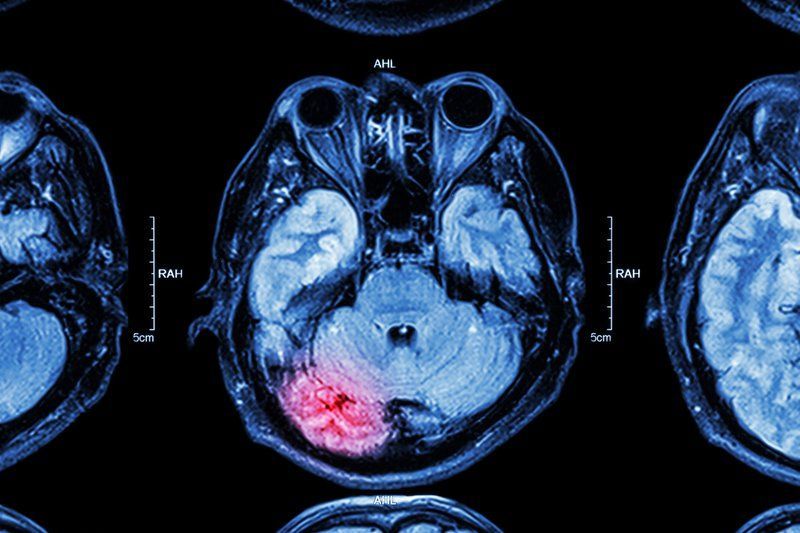
Medical Interventions
- Medical treatments, including pharmacological interventions, to address specific symptoms and complications associated with acquired brain injury.
- Close monitoring and timely medical assessments to track progress and adjust treatment plans as needed.
Therapeutic Interventions
- Occupational and physical therapy is aimed at restoring functional abilities and promoting independence in daily activities.
- Cognitive rehabilitation programs to address memory, attention, and executive functioning challenges.
Lifestyle Interventions
- Emphasizing the importance of a healthy lifestyle, including adequate nutrition, regular physical activity, and sufficient rest.
- Implementing structured routines and environmental modifications to support cognitive and behavioral well-being.
Personalized Care and Innovative Programs
- Tailoring care plans to meet the unique needs of individuals with acquired brain injury, fostering a sense of purpose and autonomy.
- Integrating innovative programs, such as virtual reality experiences and sensory stimulation, to promote holistic support and engagement.
By incorporating these multifaceted strategies, individuals can experience comprehensive support and a higher quality of life within memory care and assisted living communities.
Support Systems
A robust support system is instrumental in enhancing the well-being of individuals with acquired brain injury. Here's a closer look at the essential components of this support network:
Community Resources
- Access to specialized rehabilitation centers and outpatient programs tailored to the unique needs of individuals.
- Community-based support groups and educational workshops providing valuable information and emotional support for both individuals and their families.
Caregiver Support Networks
- Establishing caregiver support networks to offer respite care, educational resources, and peer support for individuals caring for a loved one with acquired brain injury.
- Training programs and professional guidance for caregivers to develop effective strategies for managing the challenges associated with this type of injury.
Advocacy Initiatives
- Collaboration with advocacy organizations dedicated to promoting awareness, education, and policy changes.
- Engaging in advocacy efforts to ensure access to comprehensive healthcare services and community integration opportunities for individuals.
By fostering a comprehensive support system encompassing community resources, caregiver support networks, and advocacy initiatives, memory care and assisted living communities can provide a nurturing environment that promotes the holistic well-being of individuals.
Technological Innovations for Quality of Life
Cutting-edge technologies and virtual reality programs play a pivotal role in enhancing the quality of life for individuals with acquired brain injury. Here are the innovative tools and their impact on promoting engagement and well-being:

Virtual Reality Programs
- Immersive virtual reality experiences built to address specific cognitive and physical challenges, providing opportunities for cognitive stimulation and emotional well-being.
- Virtual environments designed to simulate real-life scenarios, aiding in rehabilitation, relaxation, and the reduction of stress and anxiety.
Assistive Technologies
- Integration of assistive technologies, such as smart home devices and wearable sensors, to support independent living and ensure safety for individuals with acquired brain injury.
- Access to specialized apps and software applications designed to improve memory, organization, and communication skills.
Role in Promoting Engagement and Well-being
- Facilitating social interaction and meaningful engagement through virtual reality-based social platforms and interactive experiences.
- Empowering individuals with acquired brain injury to explore new interests, revisit cherished memories, and participate in recreational activities through immersive technological solutions.
By leveraging these technological innovations, memory care and assisted living communities can create enriching environments that foster cognitive stimulation, emotional well-being, and a sense of purpose for individuals with acquired brain injury.
Personalized Care and Rehabilitation
Personalized care plans and rehabilitation strategies are fundamental in promoting independence and purposeful living. Here's a closer look at the significance of individualized care and specialized memory care services:
Individualized Care Plans
- Development of personalized care plans that address the unique cognitive, emotional, and physical needs of individuals with acquired brain injury.
- Collaboration with interdisciplinary teams to ensure comprehensive assessment and the implementation of customized care strategies.
Tailored Rehabilitation Strategies
- Utilization of tailored rehabilitation approaches, including neurorehabilitation programs and cognitive-behavioral interventions to support functional recovery and adaptive living skills.
- Integration of leisure and recreational therapies to enhance social participation and enrich the overall quality of life for individuals.
Role of Specialized Memory Care Services
- Leveraging specialized memory care services within assisted living communities to provide a supportive and structured environment.
- Implementation of memory support programs aimed at promoting cognitive engagement, emotional well-being, and a sense of belonging within the community.
By prioritizing individualized care and rehabilitation, memory care and assisted living communities can empower individuals with acquired brain injury to lead fulfilling and meaningful lives, fostering a sense of independence and purpose.
Empowering Individuals with Acquired Brain Injury
Empowerment strategies, life enrichment activities, and a supportive community environment are integral in fostering a fulfilling and meaningful life for individuals with acquired brain injury within memory care and assisted living settings. Here are key aspects to consider in empowering individuals:
Empowerment Strategies
- Encouraging self-advocacy and decision-making to promote a sense of autonomy and control over personal choices and preferences.
- Facilitating opportunities for individuals to participate in goal-setting and decision-making regarding their care and daily activities.
Life Enrichment Activities
- Offering a diverse range of life enrichment activities, including art therapy, music programs, and horticulture therapy to promote creative expression and emotional well-being.
- Providing access to recreational outings, cultural events, and educational opportunities to foster social engagement and a sense of connection with the broader community.
Supportive Community Environment
- Cultivating a supportive and inclusive community environment that values the unique abilities and contributions of individuals with acquired brain injury.
- Fostering a sense of belonging and purpose through community engagement, peer support networks, and meaningful participation in communal activities.
By implementing these empowerment strategies and creating a supportive environment within memory care and assisted living communities, individuals with acquired brain injury can lead fulfilling and meaningful lives, supported by a sense of purpose, independence, and community connection.
The comprehensive guide to strategies and support for individuals with acquired brain injury underscores the critical role of personalized care, innovative technologies, and community empowerment in enhancing the quality of life within memory care and assisted living settings. By integrating evidence-based interventions, fostering a supportive environment, and leveraging cutting-edge technologies, memory care and assisted living communities can provide holistic support that promotes independence, purposeful living, and meaningful engagement for individuals with acquired brain injury. Ultimately, these efforts contribute to a more fulfilling and empowered life for those navigating these challenges.
For more information on memory care and assisted living services for individuals with acquired brain injury visit https://www.assuredassistedliving.com/.
We uplift our valued community members—celebrating their many strengths and offering support when needed. If you love someone who’s coping with the effects of a brain injury and are concerned you’ll be unable to find the quality care they deserve—Assured Senior Living’s brain injury supportive living will allow you to finally put your mind at ease.
Care that’s not one-size-fits-all. Contact us today, or download our free Family Decision Toolkit guide for more information.
All Rights Reserved | Assured Senior Living




